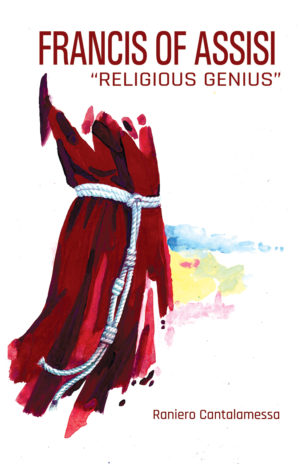Description
About the Book
The deciphering of human genetic map is considered as the greatest technological feat in the recent past. Life and death will be profoundly different in the next couple of decades. Moreover, knowledge of the structure of human genome helps us realise that human beings, regardless of race, are more than 99.9 per cent the same. It reinforces the biological ground of oneness of humanity.
It is in this context that the book ‘The Genome Revolution’ by Dr. Felix Podimattam, a. moral, theologian of high repute, gains significance. It deals with the recent mind-boggling developments in genetics from scientific and moral angles and comes to the conclusion that one should look at the breakthroughs not as an attempt to dispense with God, but an invitation to know more about the Being who has made it all possible.
The book is also an invitation for the Church to read the ‘signs of the times’ and take a realistic look at the latest scientific revolution on the genetic map of human beings which will allow scientists to remove many undesirable genes and traits from human body, enabling a better quality of life for a longer period of time.
About the Author
Felix Podimattam OFM Cap. is professor of moral theology at St. Francis Theological College, Kottayam, Kerala. He received his Doctor of Theology degree from the Alphonsian Academy, Rome and wrote his dissertation under the direction of Bernard Haring. He also has an M.A. in Political Science from the Mysore University and an M.A. in Systematic Theology from the Gregorian University, Rome, _besides postdoctoral studies in Washington, DC, U.S.A. He has authored more than 45 books on contemporary moral theology and spiritual theology and contributed articles to various theological journals in India and abroad. He belongs to the Association of Moral Theologians of India, as whose President he served for eight years.
CONTENTS
INTRODUCTION
CHAPTER ONE: BIOLOGICAL ISSUES
1.1. Glossary of Terms
1.2. The Human Genome Project (HGP)
1.3. What We Have Learned So Far
1.4. The Next Step: Functional Genomics
CHAPTER TWO: ETHICAL ISSUES
2.1. Morality and Genomics: General Reflections
2.1.1. A Scientific Approach to Morality
2.1.2. A Moral Approach to Science
2.1.3. Contributions of Science to Morality
2.1.4. Misconduct In Science:
Do Scientists Need a Professional Code Of Ethics?
2.1.4.1. The Types Of Scientific Misconduct
2.1.4.2. What Are the Rules Of the Game?
2.1.5. Promises of Genome Research
2.1.6. Dangers of Genome Research
2.2. Morality and Genomics: Specific Ethical Issues 2.2.1. Fetal Experimentation
2.2.1.1. Need of Human Experimentation
2.2.1.2. Experimentation on Children
2.2.1.3. Experimentation on Fetuses
2.2.2. Gene Therapy
2.2.2.1. Nature of Gene Therapy
2.2.2.2. Ethics of Gene Therapy
2.2.2.2.1. Ethics of Gene Therapy in General
2.2.2.2.2. Ethics of Somatic Gene Therapy
2.2.2.2.3. Ethics of Human Germline Gene Therapy
2.2.3. Positive Eugenics – Is It Even an Issue?
CHAPTER THREE: LEGAL ISSUES
CHAPTER FOUR: PASTORAL ISSUES
CONCLUSION





Reviews
There are no reviews yet.